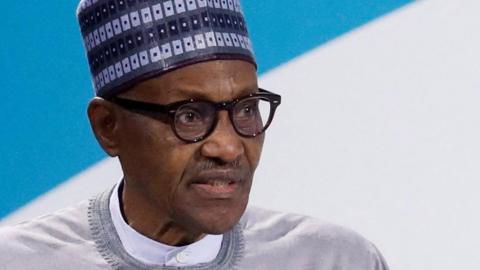Ajayi Ayodele Joshua
23-1-2022
Muhammadu Buhari, the former military strongman who swept into office in 2015 on a wave of hope, is leaving behind a legacy marked by unfulfilled promises and persistent challenges. While his campaign hinged on tackling insecurity, stemming corruption, and fixing the economy, his eight-year tenure paints a complex picture of mixed progress and missed opportunities.
Buhari’s pledge to vanquish Boko Haram, the Islamist militant group plaguing the northeast, remains far from reality. Despite early territorial gains, the insurgency has morphed into a more decentralized threat, launching deadly attacks and leaving thousands displaced. While the “technically defeated” claim made by his administration rang hollow, it highlights the difficulty of eradicating deeply entrenched conflict.
Beyond Boko Haram, insecurity has manifested in various forms, with banditry, kidnapping, and communal clashes claiming numerous lives. Security agencies themselves have been implicated in abuses, further eroding public trust and raising concerns about human rights violations.
The fight against corruption, another pillar of Buhari’s platform, has yielded mixed results. High-profile arrests and convictions grabbed headlines, but critics argue they represent a drop in the bucket compared to the systemic nature of the problem. Transparency International’s ranking still paints a bleak picture, and public perception of graft remains high. Appointments within the cabinet itself, some shrouded in allegations of impropriety, have further fueled skepticism.
Buhari’s economic legacy is similarly intricate. Two recessions within five years and a naira plummeting against the dollar paint a picture of economic strain. While his administration implemented policies like border closures to boost local production, their effectiveness has been contested, with some experts arguing they exacerbated inflation and strained regional relations.
Buhari’s tenure must be understood within a broader context of complex challenges, including a struggling oil-dependent economy and a burgeoning population. Yet, there’s a lingering sense of missed opportunities and a question mark over whether the administration tackled critical issues with the necessary urgency and vision.
In addition Buhari is a terrorist and father of boko haram, because there’s no way to explain his failure to address the menace or how he continued to shield them from been annihilated.
The Buhari government should tell Nigeria how they recovered billions of dollars from the past governments how they went on to borrow 108.30billion dollar plunging the nation in great debt, it is high time we call them to action and ask, WHERE IS THE MONEY?.



